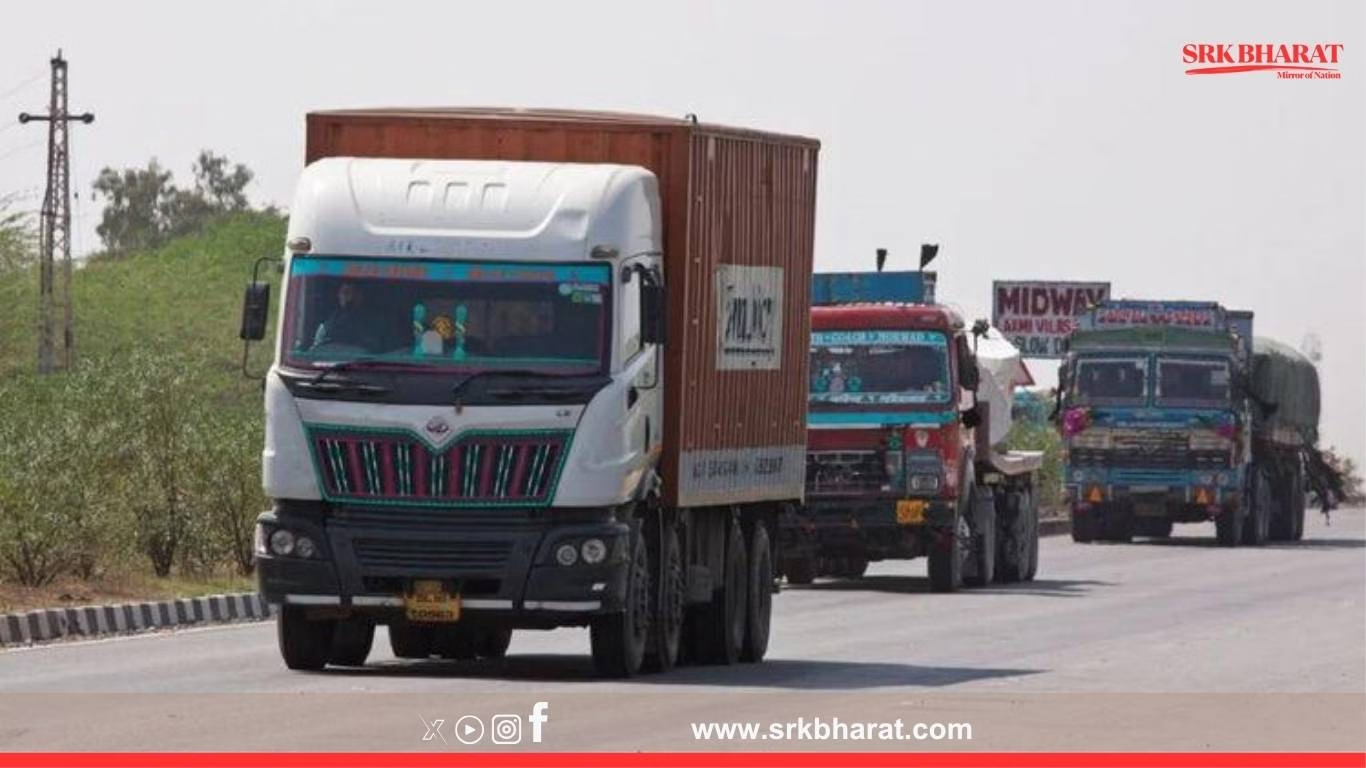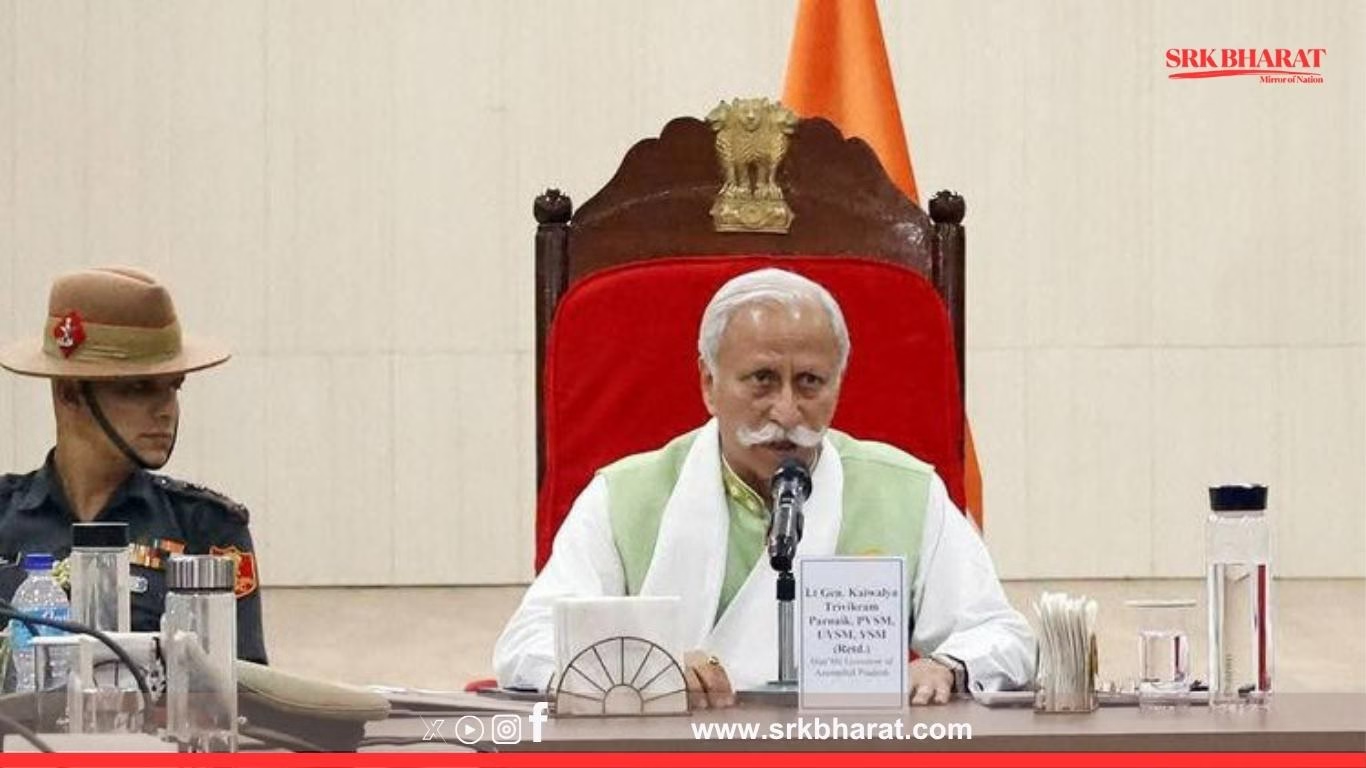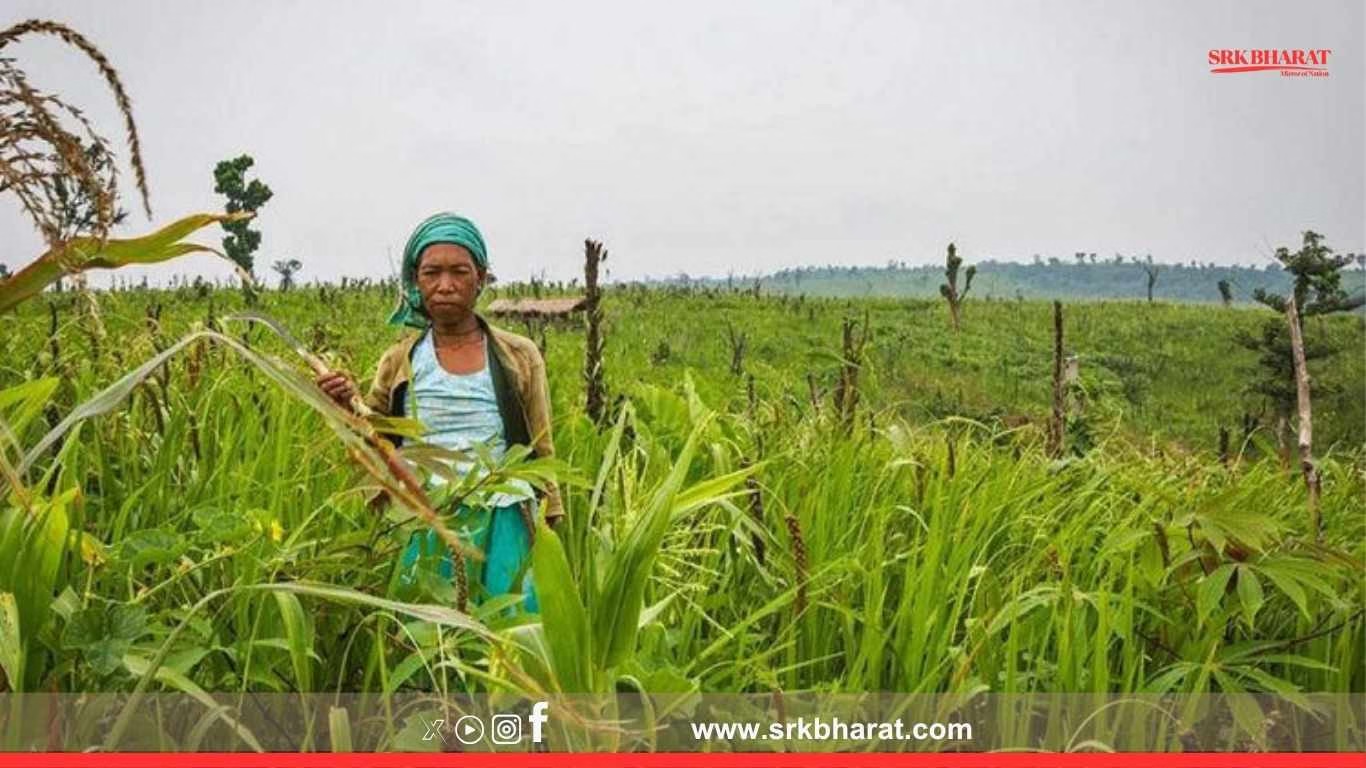In a significant step towards ensuring road safety and environmental cleanliness, the district administration of East Jaintia Hills in Meghalaya has officially banned the spillage of materials from trucks on public roads. The move, driven by repeated public complaints and multiple incidents related to accidents and road degradation, is aimed at controlling the hazardous practice of overfilled trucks leaking coal, limestone, sand, and other construction materials during transit.
The directive comes amid increasing concerns about the growing number of road mishaps in the coal-rich district, which have been attributed in part to slippery roads caused by spillage and poor truck maintenance. The ban is part of a broader district-level campaign to improve transportation infrastructure and ensure adherence to legal load limits by the mining and transport sectors.
Background of the Issue
East Jaintia Hills, located in the eastern region of Meghalaya, is one of the state’s primary hubs for mining and mineral transportation. The district’s economy is closely tied to coal mining, cement production, and limestone extraction. With hundreds of trucks plying daily between mining sites, processing units, and interstate destinations, the highways and arterial roads have come under tremendous strain.
One of the major complaints from both residents and traffic police has been the frequent spillage of coal dust, fly ash, and construction debris from uncovered or overloaded trucks. This not only causes significant wear and tear on road surfaces but also creates visibility hazards, respiratory issues, and in extreme cases, leads to accidents when two-wheelers or small vehicles skid on the slippery roads.
The Administrative Ban and Its Provisions
As per the official notification issued by the Deputy Commissioner of East Jaintia Hills, the following measures will be enforced with immediate effect:
- Prohibition of spillage of materials such as coal, limestone, sand, fly ash, and cement slurry from transport trucks.
- Mandatory covering of truckloads with tarpaulin sheets or proper enclosures during transportation.
- Regular checking at check-posts and highways by district police and transport officers to identify violators.
- Hefty fines and possible cancellation of permits for repeated defaulters.
- Mandatory road-worthiness certification for trucks transporting heavy materials.
This enforcement will be monitored through a combination of surveillance systems, physical inspections, and citizen reporting mechanisms.
Impact on Local Transportation and Mining Industry
While the new ban is being hailed by environmentalists and road safety advocates, it has drawn mixed reactions from truck operators and small-scale miners. Several truckers claim the sudden implementation has left them with little time to make logistical adjustments, such as procuring tarpaulin covers or modifying truck beds.
However, district officials argue that the decision had been under discussion for months, and multiple warnings were issued before the formal ban was enacted. The administration has made it clear that repeated violations will attract penal action under the Motor Vehicles Act and Meghalaya Mining Rules.
| Sector Affected | Nature of Impact | Short-Term Effects | Long-Term Outcomes |
|---|---|---|---|
| Trucking Operations | Increased compliance cost (tarpaulin, modification) | Minor delays, reduced overloads | Safer roads, extended vehicle life |
| Mining Sector | Need to coordinate shipments better | Increased transport costs | Boost to sustainable and legal mining |
| General Public | Reduction in dust, pollution, and road hazards | Improved health and visibility | Safer travel, better quality of life |
| Local Administration | Enforcement and inspection burdens increase | Resource-intensive monitoring | Establishment of regulatory benchmarks |
Road Accident Data in East Jaintia Hills
According to recent district transport office data, nearly 60% of road accidents in East Jaintia Hills over the last two years involved commercial transport vehicles. A significant portion of these were linked to road surface issues due to truck spillage and illegal roadside dumping of industrial materials.
| Year | Total Accidents | Involving Trucks | Fatalities from Truck Incidents | Spillage-related Accidents |
|---|---|---|---|---|
| 2022 | 134 | 87 | 29 | 41 |
| 2023 | 121 | 73 | 25 | 37 |
| 2024* | 68 (Jan–Jul) | 44 | 17 | 22 |
*Data for 2024 until July 25 only.
The reduction in accidents following awareness campaigns and partial enforcement already demonstrates the effectiveness of stricter transport norms.
Response from Local Communities and Civil Society
Villages located near National Highway 6, which cuts across East Jaintia Hills and connects Meghalaya to Assam and Tripura, have welcomed the decision. Local headmen and youth organizations have long campaigned for cleaner roads and stronger transport laws.
The Synjuk Ki Rangbah Shnong (a federation of village headmen) issued a statement saying:
“We have seen too many innocent lives lost due to unsafe trucks and filthy road conditions. This is a long-awaited step, and we urge the administration to ensure consistent monitoring.”
Civil society groups have also emphasized the environmental aspect, highlighting that coal and fly ash particles seeping into local water sources have created health and ecological issues for years.
Enforcement and Monitoring
The district administration has formed task forces comprising district transport officers, Meghalaya police, and environmental engineers to carry out random inspections at key junctions. Technology will play a central role, with CCTV cameras being installed along high-traffic stretches.
Truck owners and transporters found violating the ban will be penalized under the following:
- Section 190(2) of the Motor Vehicles Act: Driving a vehicle in unsafe condition or allowing materials to drop from vehicles.
- Section 179 of the Motor Vehicles Act: Disobedience of lawful orders of authorities.
- Environmental Protection Act: In case of industrial material spillage causing environmental harm.
Road to Safer Transport: What’s Next?
The East Jaintia Hills ban is likely to serve as a model for other mineral-rich districts in Meghalaya and across India. Neighboring districts like West Jaintia Hills and Ri Bhoi are reportedly preparing similar proposals to regulate unsafe truck operations.
Transport authorities also plan to hold sensitization workshops for truck drivers and mine operators, introducing best practices in secure loading, weight distribution, and covering techniques.
Over the next six months, the district administration has committed to reviewing the ban’s effectiveness and making policy improvements based on real-world feedback and traffic statistics.
Conclusion
The ban on truck spillage in East Jaintia Hills represents a proactive measure aimed at preserving road safety, protecting the environment, and ensuring public health. While its immediate impact may challenge existing operational norms, the long-term benefits are expected to be substantial—from reducing fatalities to promoting cleaner roads and more sustainable industrial practices.
By prioritizing both regulation and education, Meghalaya sets an example for balancing development with safety and ecological responsibility. The success of this initiative will largely depend on transparent enforcement and the cooperation of all stakeholders involved in the mining and transportation ecosystem.
Disclaimer:
This article is based on verified statements, local administrative directives, and publicly available accident and transport data. It aims to provide factual information and does not reflect personal or political biases. Readers are encouraged to consult official district administration sources for real-time updates and legal clarifications.











